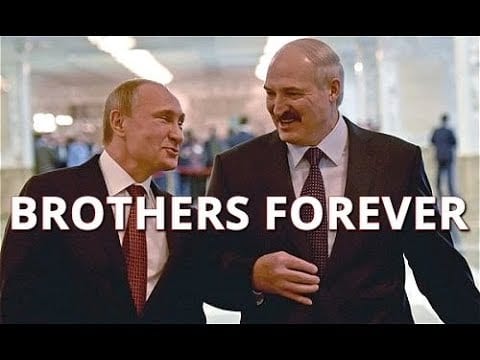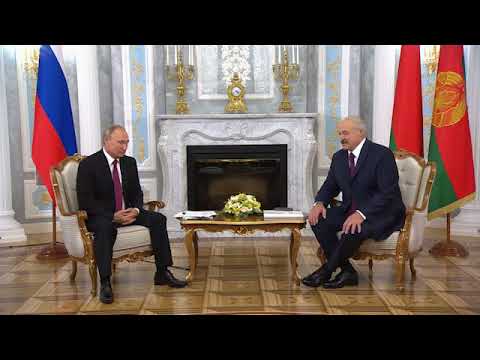Shortly before the new year 2019 the issue of tax maneuver in the oil sphere and its aftermaths for the interstate Russian-Belarusian relations became a stumbling stone.
Russia’s manipulations of oil prices are not a novation in the Russian-Belarusian relations, similar steps have been taken earlier. Without revealing details, it should be noted that a main point of this maneuver is gradual decrease (within 6 years) of the customs duty on export of oil and oil products down to a zero rate accompanied by growth of mineral extraction tax. Let’s refrain from estimating the effect of such decision of the Russian government on domestic market of oil products, yet response of Belarus, Russia’s neighboring state and the closest ally, to this oil maneuver was immediate and jerk. Well, there are several reasons to that.
We must admit that so-called “economic miracle” of Belarus, namely rather high (compared with other former Soviet Union states) standard of public social security, stable prices for food and essential commodities, is to a great extent resulted from special import conditions of the Russian oil (at the internal Russian prices). Belarusian oil refineries produce rather qualitative oil products, the sale of which in international market makes a considerable part of Belarus state budget.
Such state of affairs appeared to be acceptable for all parties up to a point, as far as Belarus presented itself as a state moving towards establishment of the Union State with Russia. Now, the tax maneuver in the oil sphere will deprive Belarus of getting profit as domestic Russian oil price will grow making it unprofitable to purchase oil in Russia for its subsequent processing at the Belarusian oil refineries.
Negotiations with Putin as for possible loss compensations came to a deadlock. It’s no wonder, since the actual purpose of Russia’s tax maneuver with oil export duties is resolving rather political than economic issues. That is fostering integration of Belarus into the Union State, which was unequivocally reiterated by the Russian president at a recent Moscow meeting with Lukashenko. Thus, Kremlin keeps using economic blackmail as one of the main tools in a geopolitical game.
Well, what is the purpose of such unexampled pressure upon Belarus? The answer is quite obvious – establishment of the Union State amid international isolation may become one of the safe ways to preserve and delegate the power, as well as an opportunity for strengthening of Russia’s geopolitical positions in the region.
However, it seems also obvious that this would not turn into the equal union of two states, but to absorption, i.e. actually soft annexation of Belarus. At this year’s first governmental meeting Lukashenko stated that to his mind the Union State is a voluntary association, which has no common with absorption and pressure, which means that such short-sighted policy may cost Russia the only ally. The position of Belarusian leader is clear: he is not ready to change state independence for any economic concessions.
Lukashenko’s attempts to come into contacts with the West, such as visit of Minister of Foreign Affairs of Belarus Vladimir Makei to London, negotiations with Poland and Lithuania on strengthening cooperation, etc. extremely irritate the Russian government. They demonstrate that the Belarusian leader would rather not giving up.
The actions taken by Kremlin with the purpose of Belarus absorption are logical continuation of Russia’s imperial policy. However, you should not ignore the fact that they pose new threats for the Baltic States and Poland. Belarus has played a role of “a buffer zone” between Russia and Europe until now and its transformation into one of Russian regions will increase probability of the new hybrid conflicts involving Russian Federation, similar to those in the Crimea and in the east of Ukraine.
For this reason, the problem of maintaining political and economic sovereignty of Belarus has vital value for its nationals; furthermore, it plays an important role in supporting peace and stability throughout all European continent. Notwithstanding serious problems faced by Belarus with respect to observance of civil rights and freedoms, its determination to defend sovereignty and freedom deserve support of the world community.

